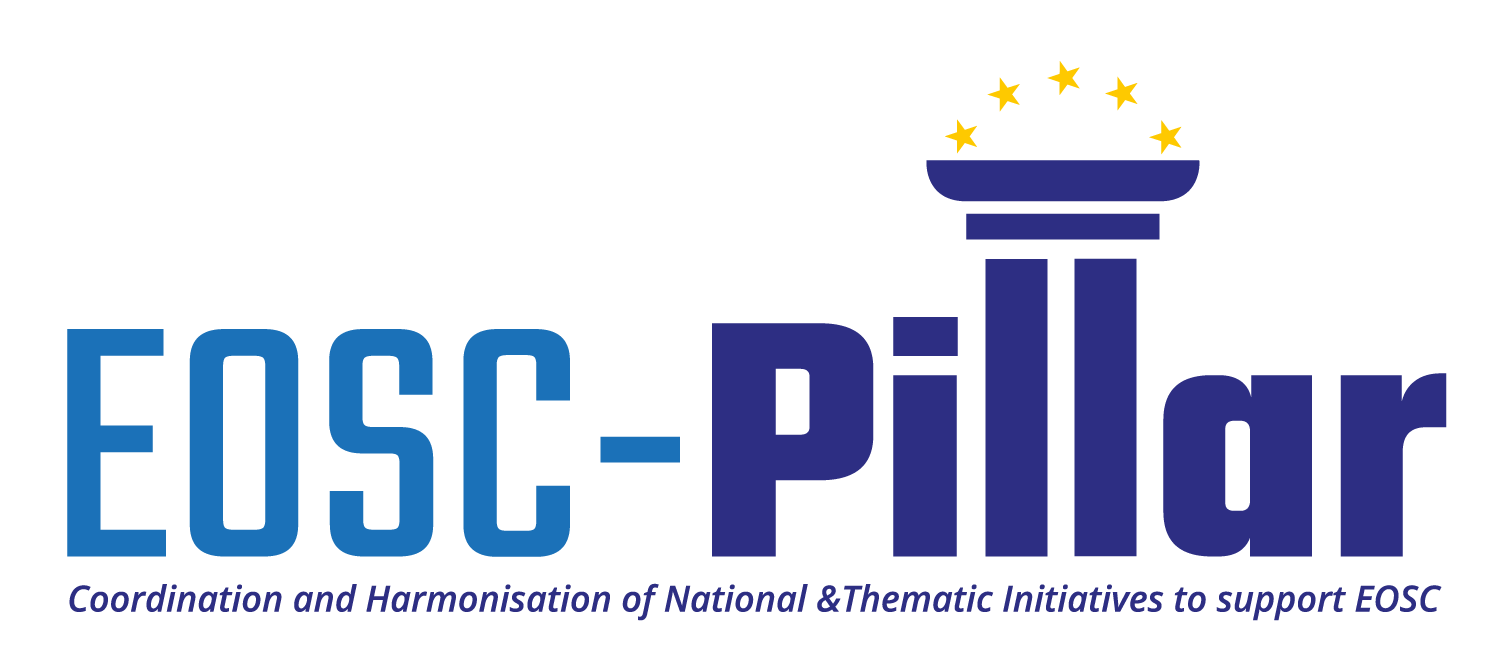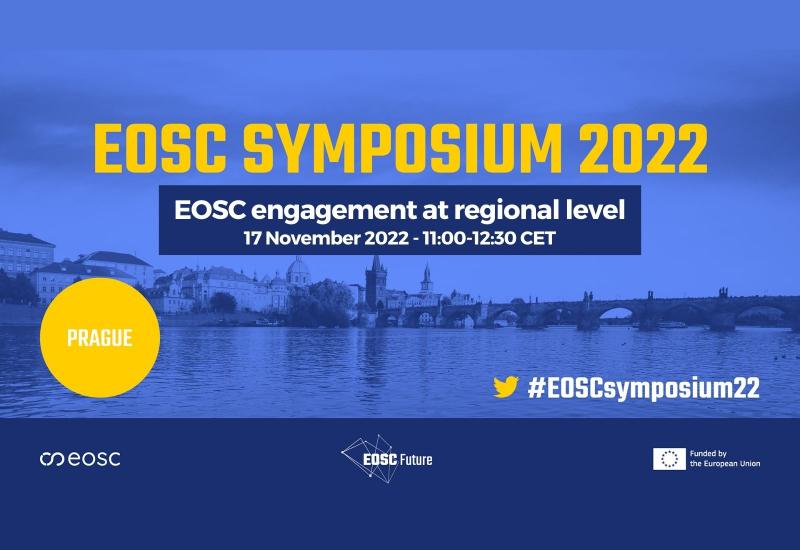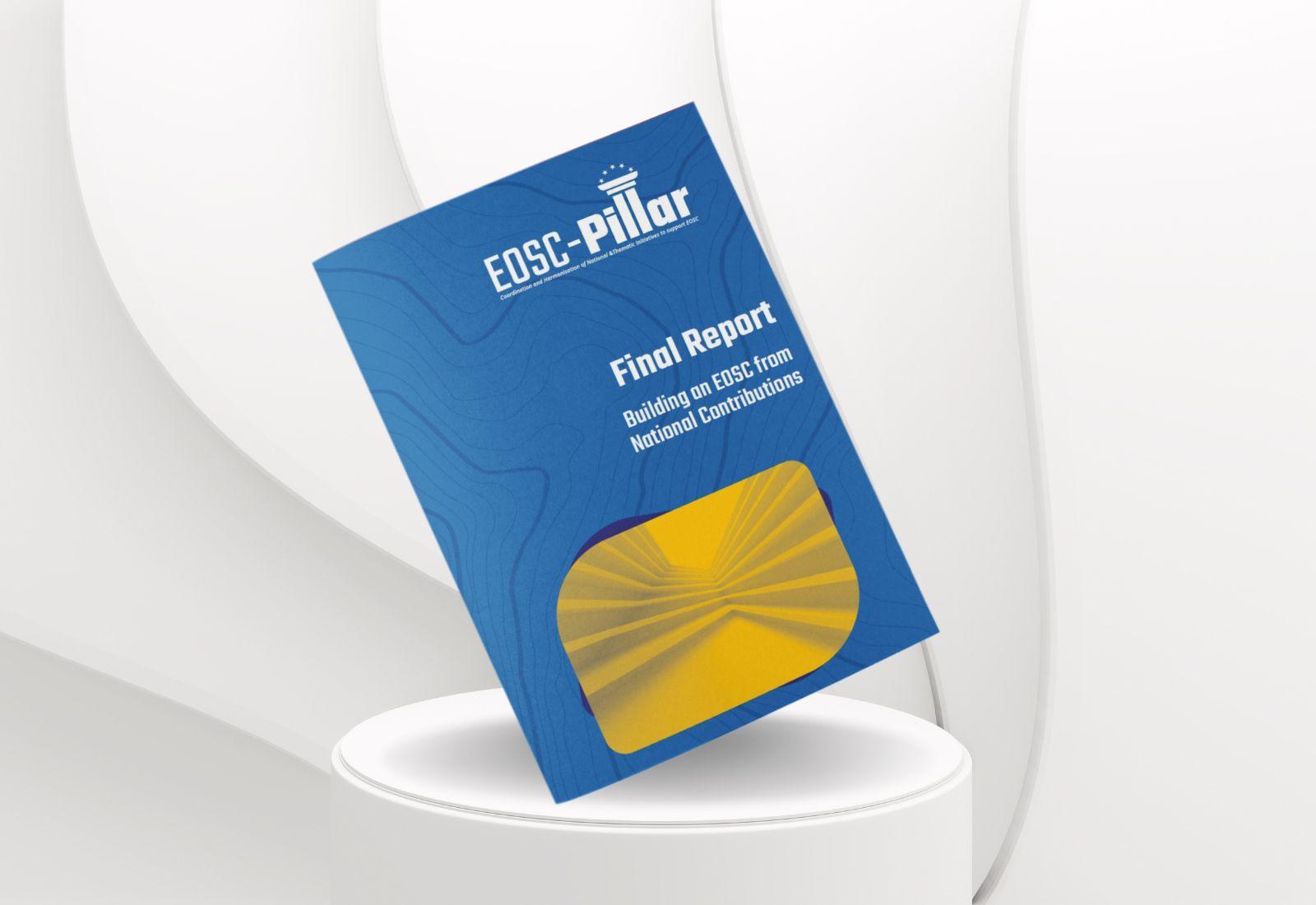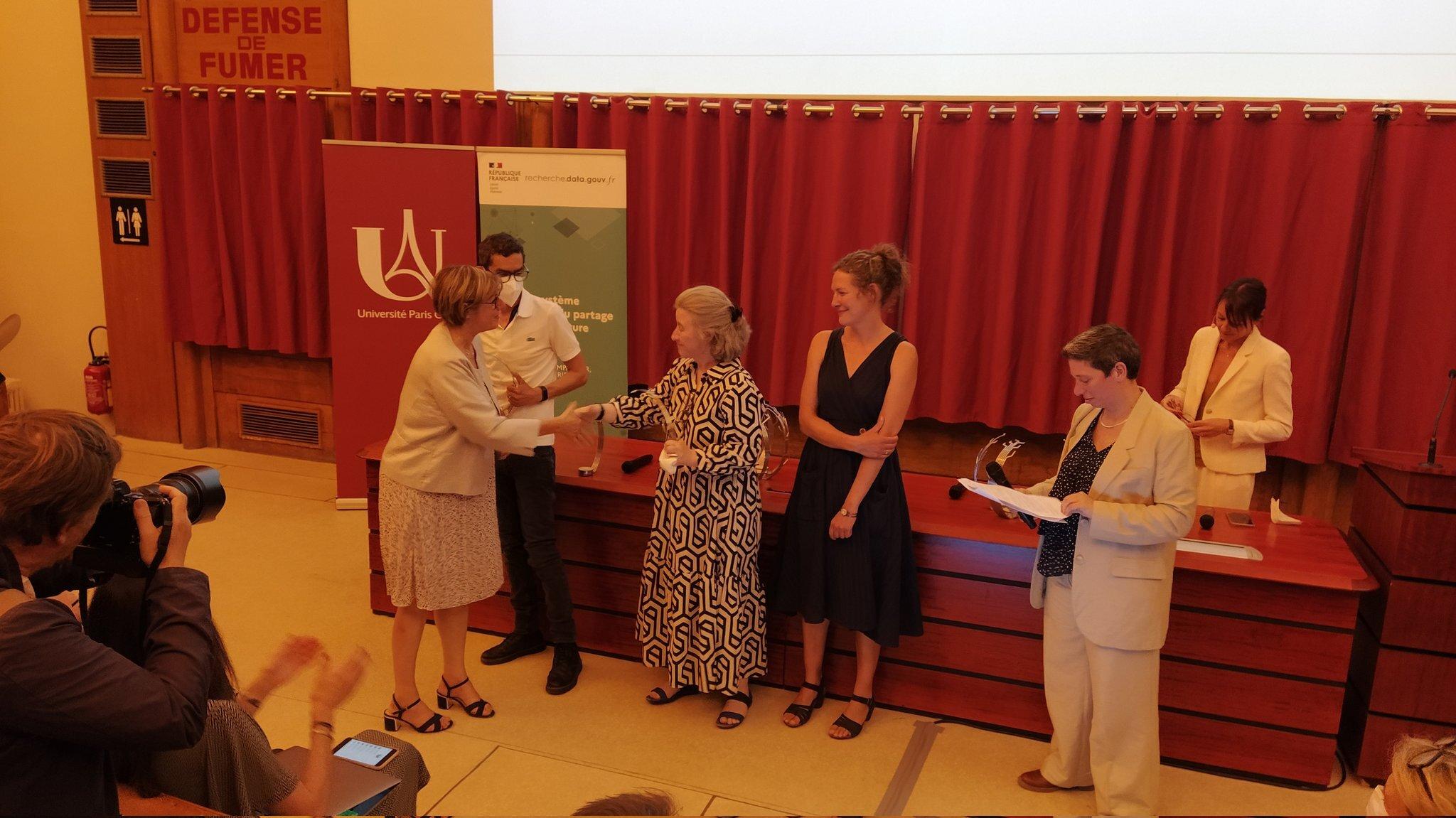
EOSC-Pillar's Roadmap for consolidating National Initiatives
November
10,
2021
News

EOSC-Pillar's Work Package 4 "From national initiatives to transnational services" produced one of its main deliverables, aiming at outlining guidelines and actions to be performed to consolidate National Initiatives, in order to foster the uptake of EOSC.
The report is publicly available on the EOSC-PIllar Zenodo community, and will faciliatate the process for countries willing to take part in EOSC, learning from each other and leveraging a cross-country network to get a clearer understanding of the EOSC vision and challenges for the next few years. Given the federated nature of the EOSC, National Initiatives are one of the key elements for the creation of an inclusive and sustainable EOSC with the commitment of Member States.
The first step is therefore to understand what are the existing, or planned, National Initiatives in the five countries participating in EOSC-Pillar (Austria, Belgium, France, Germany and Italy). For this, a National Initiatives survey [1] has been performed at the start of the project. This initial survey considered any organisation or scientific infrastructure tied to Open Science and Open Data - with relevance to the EOSC - as a component of a National Initiative. Since then, the notion of a National Initiative has shifted over time from nationally oriented to EOSC oriented.
The development of EOSC, now coordinated by the EOSC Association, was mutually motivated by activities of national research and government organisations. These organisations started coordination and alignment of policies and practices specifically with EOSC, and many applied for membership in the EOSC Association. A single member per country in the EOSC Association can be a mandated, i.e., government approved, coordinating organisation which is today referred to as the National Initiative. As an example, in Italy the Ministry of University and Research appointed the newly founded ICDI as Mandated Organisation in the EOSC Association and in Germany NFDI, a recently funded national research collaboration, was appointed as Mandated Organisation. Other countries have or are in the processes of appointing Mandated Organisations as well. This deliverable starts from the broader concept of National Initiatives used in the survey and then moves its focus to the interactions between these and the coordinating organisation that represents EOSC nationally.
The first source of information to have a general overview of the status of the National Initiatives is the survey conducted by WP3 during the first six months of the project. However, along with the evolution of the EOSC, i.e. the outcomes of its many implementation projects as well as the establishment of its governance structure, the National Initiatives are evolving too. In order to get additional and updated information, a dedicated team was set up, the Transversal Task Force (TTF) involving experts from different EOSC-Pillar areas, which performed a series of interviews with the relevant stakeholders in the EOSC-Pillar countries.
A summary of the information collected is reported in chapter 4, while chapter 5 describes a set of possible actions to support the National Initiatives in their consolidation with the EOSC. With consolidation we mean to offer support and leverage possibilities to integrate with EOSC in the broadest sense. This task enables National Initiatives to prepare for participation in the EOSC ecosystem, also relying on other activities in EOSC-Pillar. Because the status of the National Initiatives is quite different from country to country, the best way we identified to support them is to create a communication channel to help them share information, experience and expertise, complemented by some additional specific actions.







